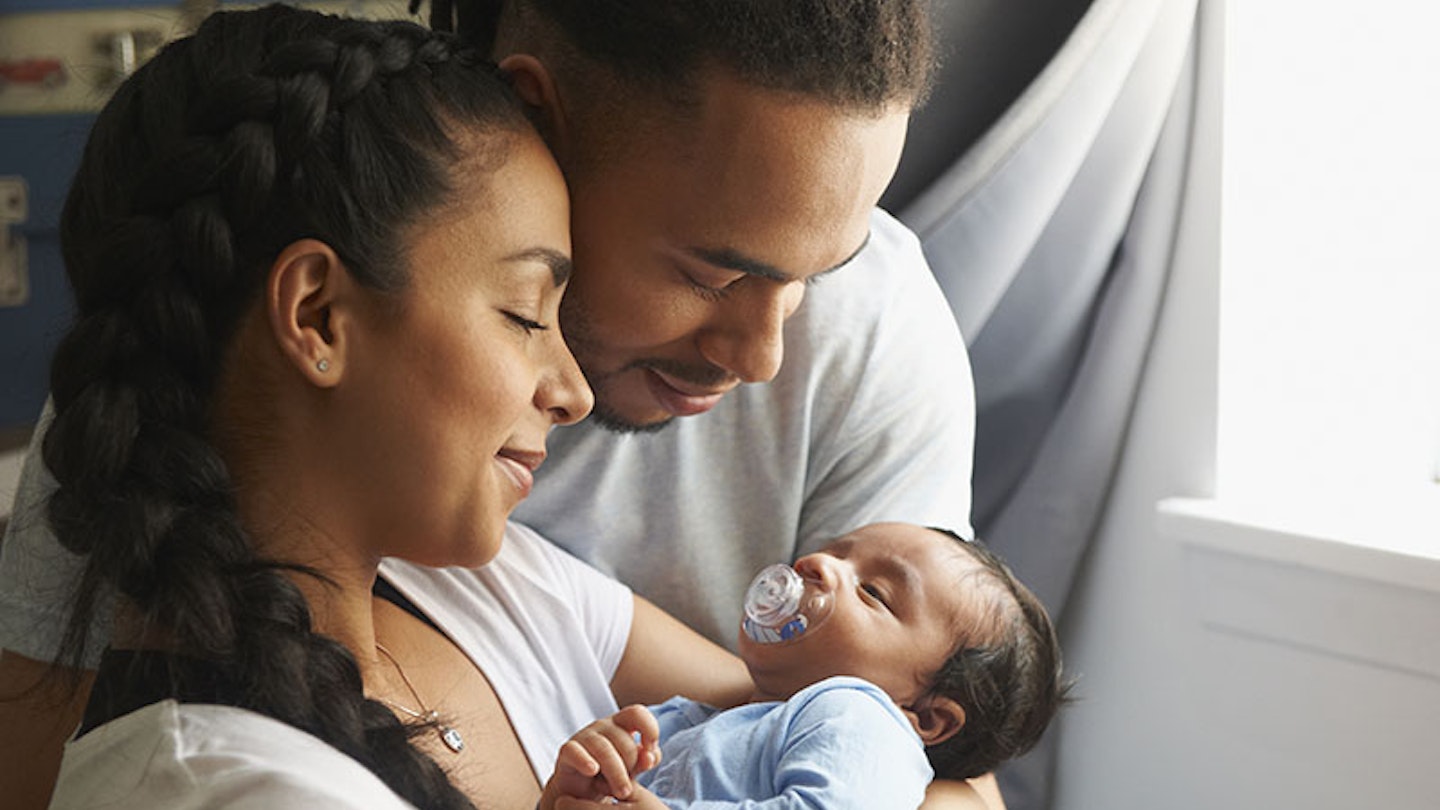Your baby has been born and you’ve chosen a name you love so now it’s time to register the birth and get your little one’s birth certificate.
But how do you register a birth and how quickly do you need to do it?
How long do you have to register a birth?
If your baby is born in England, Wales or Northern Ireland then you must register her birth within 42 days. In Scotland, you are expected to register your baby’s birth within three weeks.
You can do this at the local register office for the area where your baby was born even if you don’t normally live there. You will be expected to make an appointment in advance with the registrar.
If you are unable to travel to a register office in the right area, you can attend one nearer to home and arrange for them to send the details to the correct office.
Some hospitals in the UK may also allow you to register the birth there before you are discharged but please check with the hospital you are booked into to see if it offers that service.
What information do I need to register a birth?
When you go to register your baby’s birth, make sure you know the following information:
-
The date and place of birth
-
The name you have decided to give your baby
-
Your baby’s surname and sex
-
Details of both parents, including names, addresses and occupations
-
Where and when both parents were born
-
The date of your marriage or civil partnership if applicable
You will need to take some official identification with you to the register office when you go. This could be your passport, birth certificate, driving licence, deed poll if you have changed your name, your marriage certificate, council tax bill or documents which prove your address like a utility bill.
You should also take your baby’s personal child health record – known as the red book – as the registrar could ask to look at it. You will usually be given this at the hospital or by your midwife when she visits you at home after the birth.
Who can register a birth?
If you are married or in a civil partnership then either parent can go to register the birth on their own if they want to.
If you are not married, you will only both be included on the birth certificate if you go to the register office together to sign it. If this is not possible, the parent who is going to register the birth will need to take a statutory declaration of parentage form signed by the other parent with them.
It is also possible to include the other parent on a birth certificate if you have a court order or official court document giving that person parental responsibility.
The baby’s mother can register her baby’s birth alone without proof of paternity but the details of the father will be left blank on the birth certificate. It is possible to add these details later but you would need to apply to re-register the birth.
If you are in a female same-sex couple, you can both be on the birth certificate as parents. But if you are not married or in a civil partnership, then you will need to have made a parenthood agreement and have been treated together at a licensed fertility clinic.
Again, if the couple is not married or in a civil partnership, they will need to either register the birth together or have a court order or statutory declaration of acknowledgement of parentage signed by the other parent.
Male same sex couples will need to get a parental order from court before they can appear on their child’s birth certificate as parents.
In some exceptional circumstances, neither of the baby’s parents might be able to go to register the birth. If this happens, the baby’s birth can be registered by someone who was present at the time the child was born, someone who is responsible for looking after the child or a member of administrative staff at the hospital where the birth took place.
How much does it cost to register a birth?
The registration itself is free of charge. But once you have registered your baby’s birth, you will be expected to pay a small fee for the birth certificate.
You can choose either the short version of the birth certificate which only contains the baby’s details or the full version which includes information about the parents as well.
Both types of birth certificate cost £11 and if you register the birth in the area where your baby was born, you will be given it during your appointment. If you attend an appointment in a register office in a different area to where your baby was born, the details will need to be sent to the correct area so you will have to wait a few days to receive the birth certificate.
In Scotland, you can receive the short version of your baby’s birth certificate for free but you will need to pay for a full version with the parents’ details.
You can contact the register office to buy additional certified copies of the birth certificate at any time.
What if I change my mind about my baby’s name?
If you register your baby’s birth and then decide you don’t like what you called her, you can still change your mind. You can amend your child’s first name by contacting your local register office and completing a form but you need to do it within a year of the birth.
You will be asked to pay an admin fee of £40 and the new name will simply be added to the original birth certificate in section 17.
If you change your mind about your baby’s name after she turns one then you will have to change it by deed poll.
